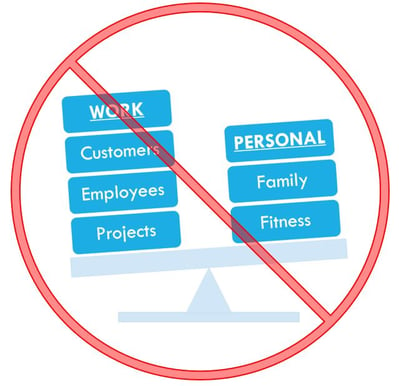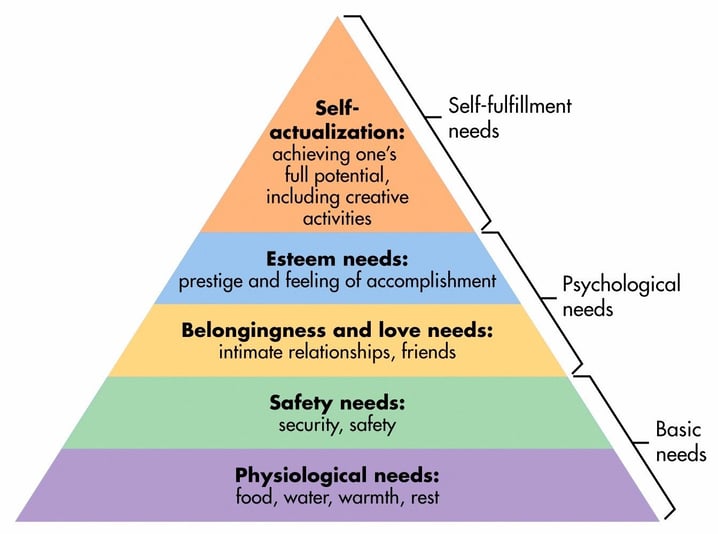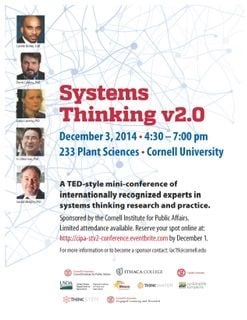Vision Gives Us A Shared Purpose
 Derek & Laura Cabrera
·
2 minute read
Derek & Laura Cabrera
·
2 minute read
This post is an excerpt from Chapter 2 of Flock Not Clock.
Social scientists have long understood the importance humans attach to a sense of purpose and meaning in our lives. Emile Durkheim argued that being bonded to a group with a shared purpose is what attaches people to life, and “the lofty goal they envisage prevents their feeling personal troubles so deeply” (as cited in Hechter & Horne, 2009, p.233). Friedrich Nietzsche expresses this another way: “He who has a why? to live for can bear almost any how.” Most people spend a large portion of their life at work in an organization, and psychologists, sociologists, and social work and management scholars are increasingly aware that the workplace is not and cannot be treated as distinct from other parts of our lives.

In fact, related insights into the importance of motivation in the workplace date back to the management theorists associated with the Human Relations Approach in the 1920s, which envisioned a new role for management that included concern for workers’ needs and well-being. Mary Parker Follett, for example, addressed the importance of human relations at work and how individuals relate to the world through their roles as group members. Elton Mayo also emphasized our strong needs for affiliation and paid particular attention to work morale and non-financial incentives to increase productivity. The widely read work of Abraham Maslow on the hierarchy of needs was also influential in moving management toward an understanding of the importance of human motivation and personal development.
 In the book Man's Search for Meaning, Victor Frankl explains that even things that we think of as supremely motivating, like happiness and pleasure, are less motivating than meaning. Daniel Pink in his book Drive explains that a sense of autonomy and purpose far outweighs extrinsic incentives. As humans, we crave meaning. A Gallup poll reveals that 83% of people deem it "very important" to believe that their life is meaningful or has a purpose. Given the amount of time we spend at work, the easiest and most logical place for people to meet their needs for meaning and purpose would be on the job. Sadly, that is anything
In the book Man's Search for Meaning, Victor Frankl explains that even things that we think of as supremely motivating, like happiness and pleasure, are less motivating than meaning. Daniel Pink in his book Drive explains that a sense of autonomy and purpose far outweighs extrinsic incentives. As humans, we crave meaning. A Gallup poll reveals that 83% of people deem it "very important" to believe that their life is meaningful or has a purpose. Given the amount of time we spend at work, the easiest and most logical place for people to meet their needs for meaning and purpose would be on the job. Sadly, that is anything
but the case for most of us. In their book The Progress Principle, Harvard Business School professor Teresa Amabile and psychologist Steven Kramer dis-
cuss the results of their research into the importance of meaning at work. In their review of daily journal entries, they found that employees who find meaning in their work have a sense of ownership and personal investment. This in turn increases their commitment, intrinsic motivation for and engagement in work—all of which translate into increased productivity and improved performance. A sense of purpose and meaning, a future direction and goal—this is where vision comes in. Before we explain how to create an optimal vision for your company, we need to provide some context on how vision is popularly “understood.”
.png?width=150&height=150&name=CRL%20GOAT%20Logo%20(4).png)



